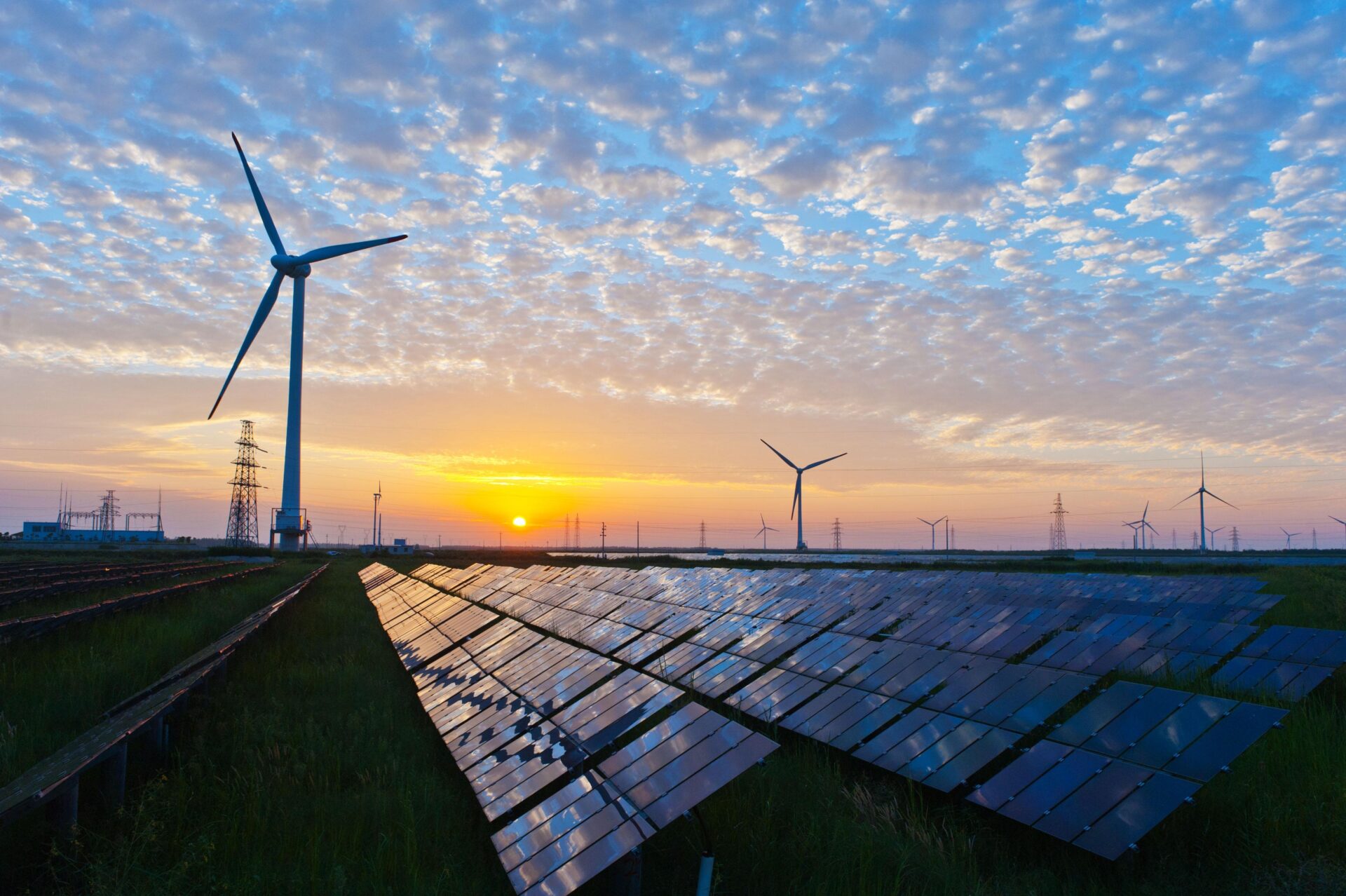After months of an ominous economic outlook, the tide seems to be cautiously turning. Already this week it was revealed that the dreaded recession in the Netherlands has been averted for the time being. An extreme European energy crisis also appears to have been averted for this winter. European gas reserves are historically well stocked and for the first time in seventeen months the European gas price has fallen below 50 euros per megawatt hour.
For that price, energy companies can offer gas tariffs below the price ceiling. Still, experts are only cautiously optimistic about falling prices: "After all, the gas price is still three times higher than before 2021″, emphasizes market analyst Hans van Cleef of consultancy firm Publieke Zaken. "The future remains uncertain," adds Martien Visser, lecturer in energy transition at Hanze University of Applied Sciences.
How is it that gas prices dropped after the staggering high in the summer?
"We have started using less gas, importing much more liquefied gas (lng) and our coal-fired power plants are on full blast. In addition, we are lucky with the warm winter," Visser explained.
The price is determined not only by supply and demand, but also by speculation, Van Cleef adds: "You saw that last summer, when prices rose to astronomical amounts. There was enough time to fill the gas reserves, but still panic arose, so countries were willing to pay a lot of money."
Calm seems to have returned to the market. What will consumers notice about this?
"Consumers can benefit from this price drop, the only question is in what time frame and to what extent. That depends on the contract with the energy company. Some suppliers make short-term purchases and can therefore reduce prices quickly," Van Cleef explained.
Visser also sees an energy supplier responding to current trends: "I saw a quote yesterday offering gas for the rest of the year for 1.42 euros per m3, which is just below the price ceiling."
Do you expect people to start using more gas again now that it's getting cheaper?
"The high prices were an important incentive for households and businesses to watch their consumption. If that disappears, there is a chance that we will start using more gas again. In that case, more gas will have to be purchased again, causing prices to rise," Van Cleef foresees.
For now, there is no sign of that, Visser argues. "Last month households did not consume more gas compared to the months before, when gas prices were much higher. Even if gas prices remain around the price of the price ceiling, they are enormously high for many consumers. Perhaps only in the extreme cases, where heating was turned off because of high prices, consumers are now making a different trade-off. Industrial users will well decide to resume production, provided they can pass on gas prices to their customers."
Do you expect this downward trend to continue?
In the short term, yes, Van Cleef suspects, "Winter is almost over, there is calm in the market and our gas supplies are well stocked. That ensures that the greatest stress has subsided."
There is still much uncertainty in the longer term, gas experts say. Visser fears that Europe has traded in its reliance on Russian gas for a reliance on liquefied gas (lng), which is imported from countries such as Qatar, the U.S. and Australia: "These countries may be more friendly to us than Russia, but the gas is often in the hands of commercial companies. These look at where they can make the most money. Therefore, there remains no telling what the gas price will do in the coming year.
©Trust


